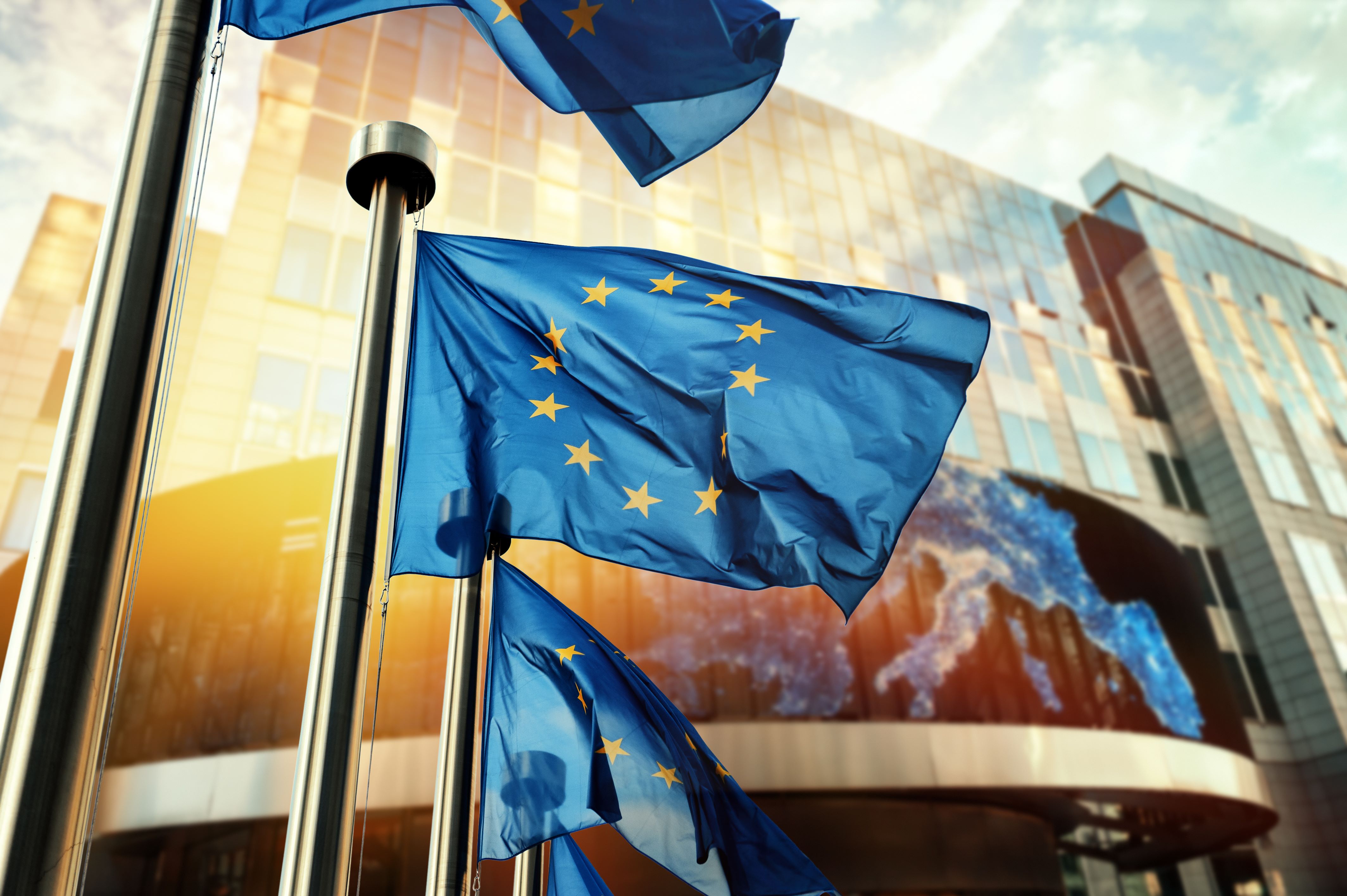
With trade tensions building between China and the US, the EU is now facing the shadow of tariffs, as its accusations against China turn into a formal probe into the country’s industrial practices. Elsewhere, a major meeting of European leaders turns out to be something of a damp squib, while European firms consider a move out of the Thai market over a lack of trade parity with Australia and New Zealand.
Subsidy spat sparks split
Ursula von der Leyen, president of the European Commission (EC), announced last month that the EU would launch an investigation into the use of subsidies by China to artificially accelerate its electric vehicle (EV) exports to Europe.
A notice issued by the EC states:
“Subsidies have allowed the subsidised imports to rapidly increase their market share in the EU to the detriment of the Union industry.”
The probe follows a similar dispute over solar panels. It will investigate all Chinese firms who sell to the EU.
Turbine turbulence
Beijing responded strongly, arguing that it will disrupt global supply chains and that there is insufficient evidence to justify the investigation.
But that’s not all — this month has seen the dispute widen to wind energy, too, as the bloc considers opening a separate investigation into China’s turbine manufacturers.
Acting competition commissioner for the EU, Didier Reynders, told French news channel BFM TV that, “if there is a possibility of too much aid on the Chinese side” in manufacturing turbine components, “we could open an investigation” similar to the one on EVs.
The probes are proliferating, with Brussels also set to join an investigation into Chinese steel subsidies, alongside the US, in an effort to avoid the reintroduction of American tariffs on EU steel originally put in place under Donald Trump, per the FT.
EV reprieve
While sparks are flying with China over EVs, British and European industry have expressed relief as the EU has said it’s considering postponing the implementation of tariffs on sales of the vehicles between the UK and the bloc.
The plans for a 10% tariff will still be implemented in 2024 but will be “interpreted loosely” according to EC vice president Maroš Šefčovič.
The Society of Motor Manufacturers and Traders (SMMT) are among those welcoming the EC’s stance, having already expressed fears about the January 2024 deadline.
Business and trade secretary Kemi Badenoch has called for the outright removal of the tariff, the implementation of which she has suggested is “ideological”.
Granada designs fall flat
The recent meeting of European leaders at the European Political Community summit in Granada, Spain, was aimed at addressing a host of problems facing the continent, from the Ukraine conflict to climate change.
Yet the event proved to be something of a disappointment — a press conference scheduled for the final day of the meeting was abruptly cancelled, with few announcements of note.
UK prime minister Rishi Sunak was due to deliver the closing address at the conference. Prior to the cancellation, a row with Spain over the country’s refusal to put migration on the summit agenda culminated in Sunak convening a meeting with Italy, the Netherlands, France, Albania and the European Commission on the issue.
Politico reported that a further point of contention was Spain’s push for ‘strategic autonomy’ in production. One unnamed official in Politico’s report stated however that, while there is a need for Europe to develop its manufacturing industries, it would be “catastrophic” to attempt to move all production to the continent.
A draft declaration from the summit emphasised the need to “diversify supply chains” while also “reinvigorating global trade” and “fostering partnership, trade and investment agreements”.
Milk makers on the moo-ve
European businesses are being squeezed beyond the borders of the bloc, meanwhile, as several of the continent’s milk producers have threatened to move operations out of Thailand.
The South China Morning Post reports that European giants who manufacture in the region, including Nestlé and FrieslandCampina, have expressed concern that Thailand’s free trade agreements (FTAs) with Australia and New Zealand — set to mature in 2025 — could disadvantage them, with tariffs set to drop for those importing diary ingredients from those nations.
There is currently no FTA between Thailand and the EU. Negotiations froze in 2013, owing to the Thai military takeover, although they have since relaunched this year. By contrast, Australia and New Zealand concluded deals with Thailand in 2005.
FrieslandCampina’s director of corporate affairs in the country, Olarn Chowiwattana, said that “the last thing we want to do” is cut jobs in the region, but that a sustained tariff advantage for Australia and New Zealand could see the company move operations elsewhere.
